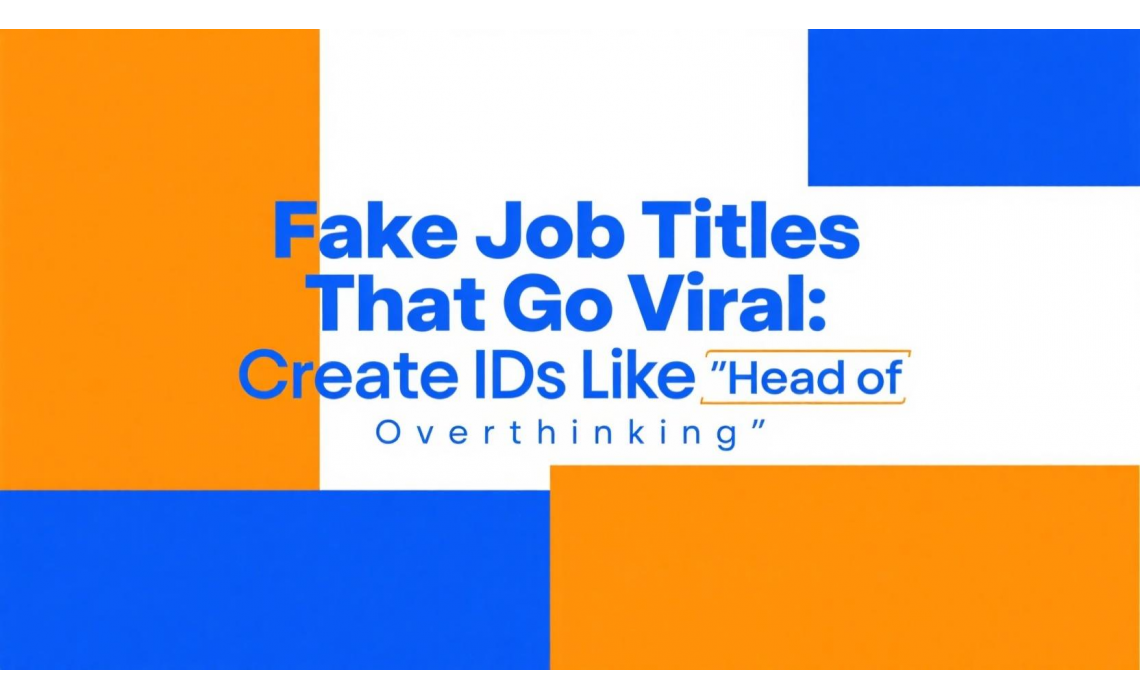Fake Job Titles That Go Viral: Create IDs Like 'Head of Overthinking
Fake Job Titles That Go Viral: Create IDs Like 'Head of Overthinking.
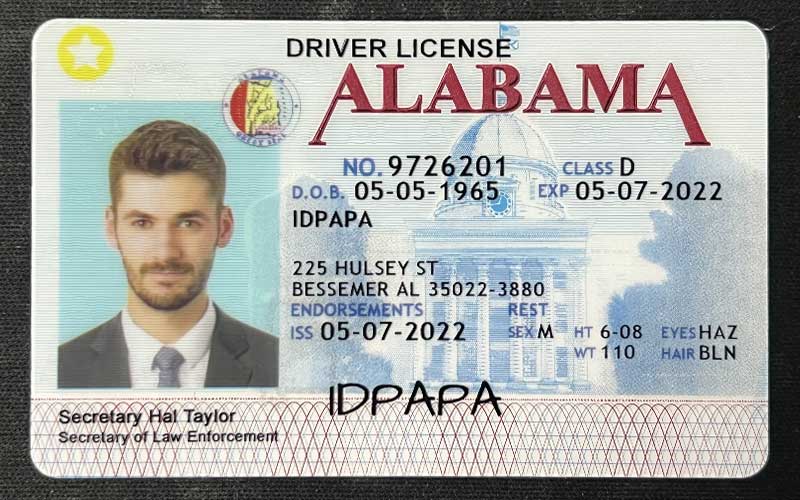
In an age where relatability, humor, and self-expression rule the internet, fake job titles like “Head of Overthinking,” “CEO of Chaos,” or “Emotional Support Human” are more than just punchlines; they’re social icebreakers, identity statements, and viral content magnets. From TikTok trends to bachelorette parties, novelty job title IDs are popping up everywhere, sparking laughter and creating moments people want to share.
But why are these so popular? And how can you make your own that’s both hilarious and highly shareable?
Why Fake Job Titles Go Viral
The secret sauce of a fake job title is its perfect blend of truth and exaggeration. We’ve all had days when we felt like the “VP of Vibes” or the “Director of Avoiding Responsibilities.” These titles hit a nerve because they take real feelings or behaviors and wrap them in corporate jargon, turning everyday quirks into professional-grade humor. The contrast between a serious-sounding role and a ridiculous task creates a comedic tension that’s instantly relatable and universally funny. It’s not just a label—it’s a mirror reflecting how we sometimes function in the most chaotic or trivial ways.
What makes these titles go viral is their uncanny ability to name the unnamed. Everyone knows someone who overthinks everything or can’t function without snacks—now those traits get an official-sounding title like “Head of Overthinking” or “Chief Snack Officer.” It’s both absurd and affirming. Suddenly, people see a piece of their personality in a badge, and it feels like being called out—in the best, most entertaining way. The humor lands because it’s honest. You’re not just making a joke; you’re turning self-awareness into a punchline.
Social media thrives on content that feels hyper-personal and absurdly specific. When someone wears a badge that reads “Certified Procrastination Consultant,” people don’t just laugh—they tag friends, share it in stories, and think, “That is so me.” These titles turn mundane personality traits into meme-worthy identities. It’s the internet version of a shared inside joke, and the more ridiculous the title, the more people want to adopt it, remix it, or comment on it. In a world where attention spans are short, fake job titles offer quick, sticky humor that sticks with you—and often becomes a signature part of someone’s online persona.
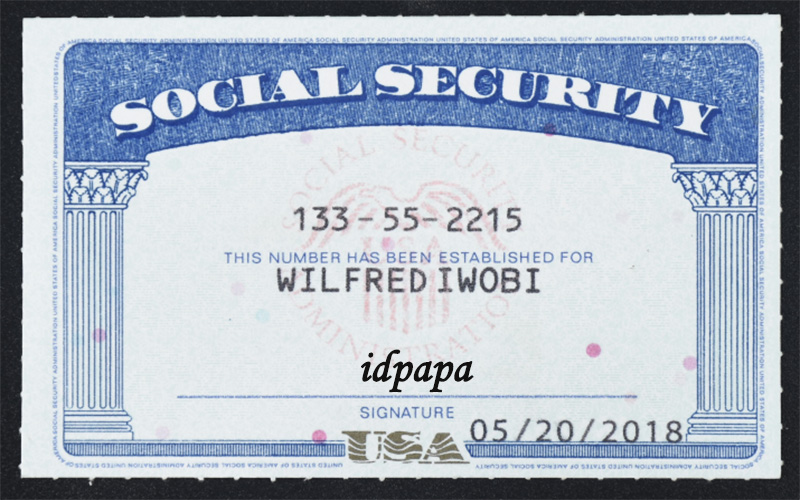
How People Are Using These IDs
1. Events and Parties:
Bridal showers, office parties, and themed IDPapa Blogs game nights have turned novelty badges into must-have accessories. These events thrive on energy, laughter, and shared experiences—and nothing sparks that vibe faster than someone walking in wearing a badge that reads “CFO of Cocktails.” It breaks the ice instantly, giving people a reason to smile, ask questions, or strike up a conversation. These titles provide light-hearted roles that help guests ease into social interaction, especially in settings where not everyone knows each other.
Guests wear titles like “Official Selfie Supervisor” or “Minister of Mimosas,” instantly creating a relaxed, fun atmosphere. These fake titles inject humor into the environment and give attendees a playful sense of identity. Suddenly, someone shy becomes the “Director of Dance Floor Affairs,” and another becomes the “Chief Compliment Officer.” It’s a simple but effective way to get people laughing, mingling, and engaging in the moment, turning ordinary gatherings into unforgettable, Instagrammable events.
2. Online Content Creators:
Influencers and comedians often wear their fake job titles during skits, interviews, or even livestreams. These badges are more than just props—they're personality amplifiers. A creator might appear with a tag that says “VP of Vibes” or “Emotional Support Human,” setting the tone for the content before a single word is spoken. The badge acts as a non-verbal cue, telling the audience exactly what kind of humor or message to expect, making the content feel instantly more relatable and engaging.
A simple title like “Head of Overthinking” can become a character all on its own, complete with quirks, rants, and hilarious life commentary. This kind of micro-character building not only adds depth to online personas but also encourages fan interaction. People don’t just watch—they comment on things like “me every day” or tag their overthinking best friend. These titles invite viewers to see themselves in the joke, turning passive scrolling into active engagement.
Over time, these fake titles can become part of a creator’s brand identity. A repeated title may start as a joke but end up on merch, in bio sections, or as part of a signature content series. It becomes an inside joke between the creator and their audience—one that grows community, boosts algorithmic reach, and cements a recognizable online presence. What started as a novelty badge ends up becoming a viral hook and a long-term engagement tool.
3. Remote Work & Icebreakers:
In virtual meetings or Slack threads, fake job titles serve as clever profile names or Zoom labels. As remote work continues to blur the line between professional and personal spaces, people are finding creative ways to inject personality into otherwise dry interactions. A humorous title like “Chief Energy Officer” does more than make people smile—it sets a friendly tone and creates an immediate sense of approachability.
Someone labeled “Chief Energy Officer” instantly brings humor into a digital room and helps ease the tension of online interactions. It’s especially helpful in large meetings or cross-team collaborations, where participants might not know each other well. Instead of just being “Jane from Finance,” someone becomes “Director of Morning Motivation”—and suddenly, the mood shifts. These titles disarm the awkwardness and make people feel more relaxed and open to conversation.
They also work as unexpected conversation starters. A Slack username like “Minister of Memes” or a Zoom title like “Caffeine Acquisition Manager” can break through silence and lead to laughs, chats, or even new work friendships. These fun labels create shared moments that stick, especially in environments where real-time social cues are limited. In digital offices, humor becomes a powerful glue for culture—and fake job titles help provide that adhesive.
More than just fun, these playful identifiers also promote a sense of inclusion and team bonding. When a manager participates with a ridiculous title like “Spreadsheet Sorcerer,” it sends a clear message: we take the work seriously, but not ourselves. This balance between professionalism and play helps remote teams build stronger relationships, maintain morale, and turn mundane meetings into something worth showing up for.
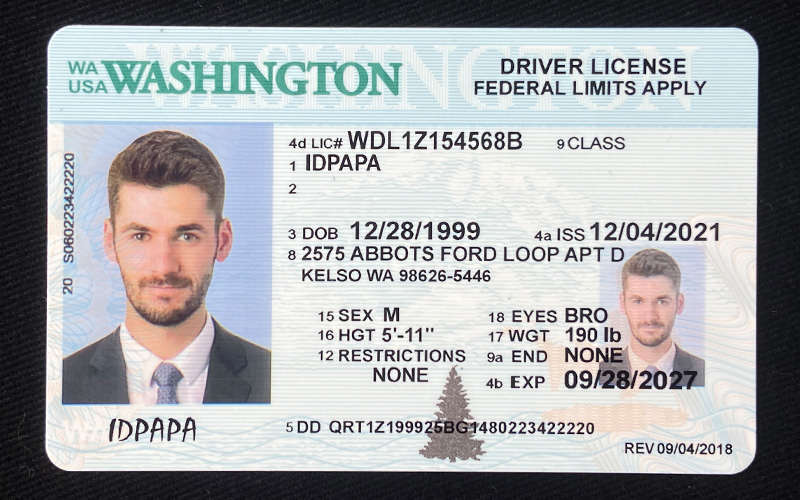
Creating the Perfect Viral Fake Job Title
If you want your fake job title to catch on, use this simple 3-step formula:
1. Tap Into a Common Trait:
Think about something universally felt—overthinking, being tired, loving snacks, or hating meetings.
2. Add Professional Flair:
Dress it up with terms like “Chief,” “Manager,” “Analyst,” “Engineer,” or “Executive.”
3. Keep It Short and Punchy:
The best titles are under 5 words and easy to remember. “Nap Strategist” hits harder than “Strategic Manager of Nap Optimization.”
Examples:
●Executive Director of Overthinking
●Head of Awkward Small Talk
●Senior Vibe Analyst
●Snack Acquisition Manager
●Minister of Memes
Tools to Create Your Badge
If you're ready to go beyond just saying it and wearing it, try using tools like IDpapa. IDpapa offers an easy and legal way to generate funny, personalized novelty IDs with hundreds of template styles. Whether it’s for a party, content creation, or just to post on Instagram, you can create cards that look polished, hilarious, and unique.
You don’t need design experience—just pick a template, write your title, and download or print it. Some even include icons and barcodes for an extra layer of realism (and ridiculousness).
From Laughter to Branding
Believe it or not, some people have turned fake job titles into personal brands. Creators who repeatedly use a character like “CEO of Chaos” in their content end up being known for that persona. It becomes merch. It becomes a theme. It becomes a thing.
So, whether you’re trying to boost engagement, make your coworkers laugh, or throw a themed bash that people remember, a fake job title badge might be the small, creative spark you need.
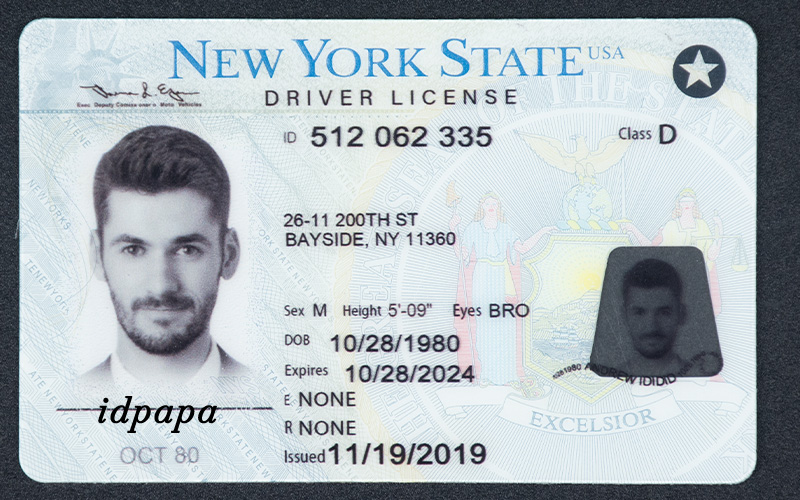
Final Thoughts: The Job Title You Want
Not every identity needs to fit a LinkedIn box. Sometimes, you just want to be the “Chief Burrito Officer” or the “Freelance Daydreamer.” Life’s too short to take every label seriously—so go ahead, make your own, wear it proudly, and get ready for the laughs, likes, and double taps.
And remember, when in doubt, ask yourself, “What would the Head of Overthinking do?”

